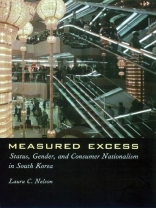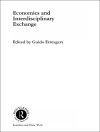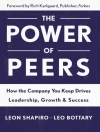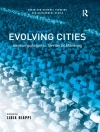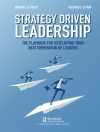This insightful analysis of the ways in which South Korean economic development strategies have reshaped the country’s national identity gives specific attention to the manner in which women, as the primary agents of consumption, have been affected by this transformation. Past scholarship on the culture of nationalism has largely focused on the ways in which institutions utilize memory and ‘history’ to construct national identity. In a provocative departure, Laura C. Nelson challenges these assumptions with regard to South Korea, arguing that its identity has been as much tied to notions of the future as rooted in a recollection of the past.
Following a backlash against consumerism in the late 1980s, the government spearheaded a program of frugality that eschewed imported goods and foreign travel in order to strengthen South Korea’s national identity. Consumption—with its focus on immediate gratification—threatened the state’s future-oriented discourse of national unity. In response to this perceived danger, Nelson asserts, the government cast women as the group whose ‘excessive desires’ for material goods were endangering the nation.
Daftar Isi
Preface: Notes on Methods and Writing
1: Consumer Nationalism
First Vignette: 1992
2: ‘Seoul to The World, The World to Seoul”
Second Vignette: 1985
3: Producing New Consumption
Third Vignette: 1991
4: ‘Kwasobi Ch’ubang’: Measuring Excess
Fourth Vignette: 1993
5: Endangering the Nation, Consuming the Future
Fifth Vignette: 1991
6: Coda
Appendix
Tentang Penulis
Laura C. Nelson is an associate at MDRC, a nonprofit research organization, where she currently focuses on poverty, employment, and social policy in the United States.
